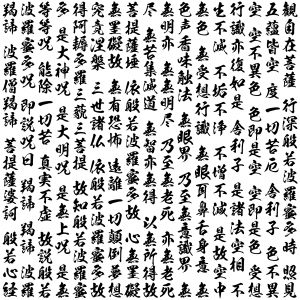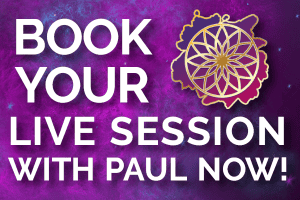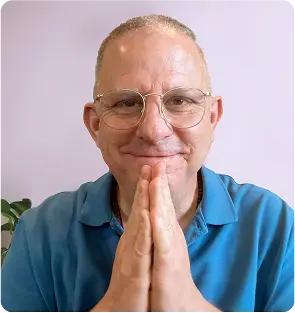The Heart Sutra. A Shutterstock Licensed Image.
This is a prayer for liberation and peacefulness.
By chanting it, you help heal for all Living-Beings, in all the realms.
The Heart of Prajna Paramita Sutra
Translated by Tang Dharma Master of the Tripitaka Hsüan-Tsang on imperial command
.
ENGLISH
When Avalokiteshvara Bodhisattva was practicing the profound prajna paramita, he illuminated the five skandhas and saw that they are all empty, and he crossed beyond all suffering and difficulty.
Shariputra, form does not differ from emptiness; emptiness does not differ from form. Form itself is emptiness; emptiness itself is form. So, too, are feeling, cognition, formation, and consciousness.
Shariputra, all dharmas are empty of characteristics. They are not produced. Not destroyed, not defiled, not pure, and they neither increase nor diminish.
Therefore, in emptiness there is no form, feeling, cognition, formation, or consciousness; no eyes, ears, nose, tongue, body, or mind; no sights, sounds, smells, tastes, objects of touch, or dharmas; no field of the eyes, up to and including no field of mind-consciousness; and no ignorance or ending of ignorance, up to and including no old age and death or ending of old age and death. There is no suffering, no accumulating, no extinction, no way, and no understanding and no attaining.
Because nothing is attained, the Bodhisattva, through reliance on prajna paramita, is unimpeded in his mind. Because there is no impediment, he is not afraid, and he leaves distorted dream-thinking far behind. Ultimately Nirvana!
All Buddhas of the three periods of time attain Anuttarasamyaksambodhi through reliance on prajna paramita. Therefore, know that prajna paramita is a great spiritual mantra, a great bright mantra, a supreme mantra, an unequalled mantra. It can remove all suffering; it is genuine and not false.
That is why the heart of sutra of prajna paramita was spoken.
Recite it like this: Gate gate paragate parasamgate bodhi svaha!
~~~~~~~~~~~~
SANSKRIT
oṃ namo bhagavatyai ārya prajñāpāramitāyai!
ārya-avalokiteśvaro bodhisattvo gambhīrāṃ prajñāpāramitā caryāṃ caramāṇo vyavalokayati sma: panca-skandhās tāṃś ca svābhava śūnyān paśyati sma.
iha śāriputra: rūpaṃ śūnyatā śūnyataiva rūpaṃ; rūpān na pṛthak śūnyatā śunyatāyā na pṛthag rūpaṃ; yad rūpaṃ sā śūnyatā; ya śūnyatā tad rūpaṃ. evam eva vedanā saṃjñā saṃskāra vijñānaṃ.
iha śāriputra: sarva-dharmāḥ śūnyatā-lakṣaṇā, anutpannā aniruddhā, amalā avimalā, anūnā aparipūrṇāḥ.
tasmāc chāriputra śūnyatayāṃ na rūpaṃ na vedanā na saṃjñā na saṃskārāḥ na vijñānam. na cakṣuḥ-śrotra- ghrāna-jihvā-kāya-manāṃsi. na rūpa-śabda-gandha-rasa- spraṣṭavaya-dharmāh. Na cakṣūr-dhātur. yāvan na manovijñāna-dhātuḥ. na-avidyā na-avidyā-kṣayo. yāvan na jarā-maraṇam na jarā-maraṇa-kṣayo. na duhkha- samudaya-nirodha-margā. Na jñānam, na prāptir na- aprāptiḥ.
tasmāc chāriputra aprāptitvād bodhisattvasya prajñāpāramitām āśritya viharatyacittāvaraṇaḥ. cittāvaraṇa-nāstitvād atrastro viparyāsa-atikrānto niṣṭhā- nirvāṇa-prāptaḥ.
tryadhva-vyavasthitāḥ sarva-buddhāḥ prajñāpāramitām āśrityā-anuttarāṃ samyaksambodhim abhisambuddhāḥ.
tasmāj jñātavyam: prajñāpāramitā mahā-mantro mahā- vidyā mantro ‘nuttara-mantro samasama-mantraḥ, sarva duḥkha praśamanaḥ, satyam amithyatāt. prajñāpāramitāyām ukto mantraḥ.
tadyathā: gate gate pāragate pārasaṃgate bodhi svāhā. iti prajñāpāramitā-hṛdayam samāptam.






